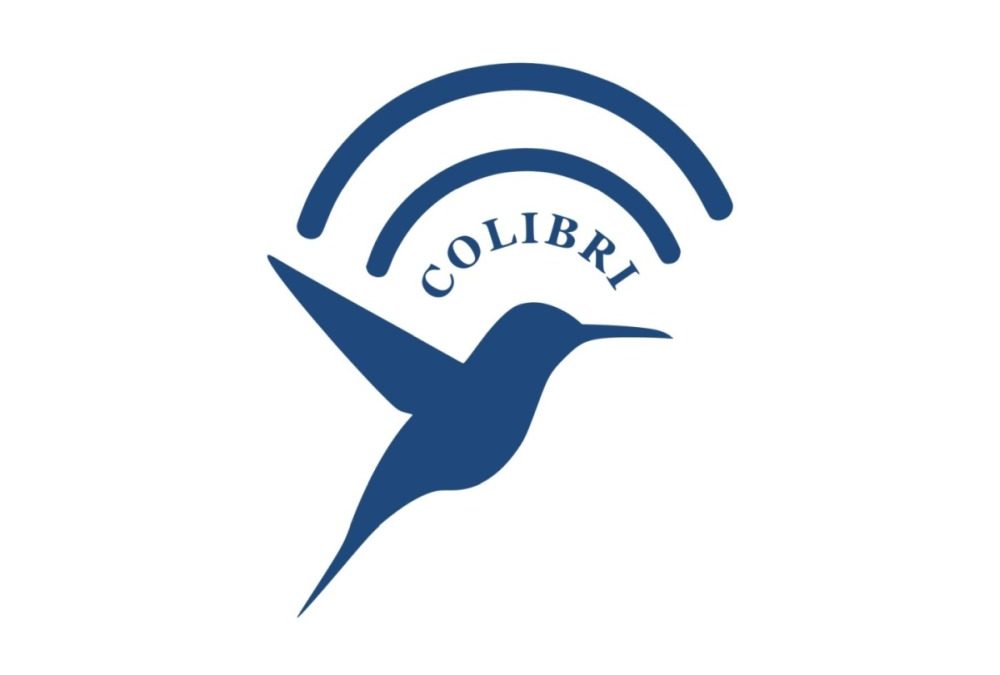COLIBRI (Collaboration and Innovation for Better, Personalized and IT-Supported Teaching) was the first Erasmus+ project in which aconium was involved. Last week, it was recognized as a “Success Story” by the European Commission. The Directorate-General for Education, Youth, Sport and Culture thus recognized the high quality, innovative strength and pioneering nature of the project. COLIBRI aimed to improve the quality of academic courses through innovative teaching methods and to align them more closely with the skills required on the job market. Collaborative learning was to be promoted through the use of ICT, open educational resources, blended learning and virtual mobility.
Between 2014 and 2017, COLIBRI enabled students from seven European universities to expand their knowledge in the field of “Future Internet Opportunities”. Through the project-based work of the students in a one-semester blended learning course, they were able to deal with practice-relevant questions and thus develop their employability skills. These courses were implemented three times in succession and optimized each time based on the findings from previous courses.
In addition to the seven universities, the project was supported by a research institute, the Spanish company Talaia Networks from Barcelona and aconium GmbH. The project partners supported the link to the real labor market, for example by providing case studies. The teaching materials were made available to all interested parties as Open Educational Resources (OER) at the end of the semester. The continuous quality control, which analyzed the impressions of all participants at various stages of the project, also contributed to the success of the project. At the end of the last of the three semesters, the project was considered a complete success by the students and teaching staff. This success is now being continued with the Erasmus+ project EPIC (Improving Employability through Internationalization and Collaboration), in which aconium GmbH is also involved.
By presenting COLIBRI on the Erasmus+ project platform, the project now serves as a good example for other EU-wide projects. It thus joins a selection of eleven successful transnational projects. In addition, COLIBRI will be disseminated via the European Commission’s social media channels and presented at conferences and other Erasmus+ events.

